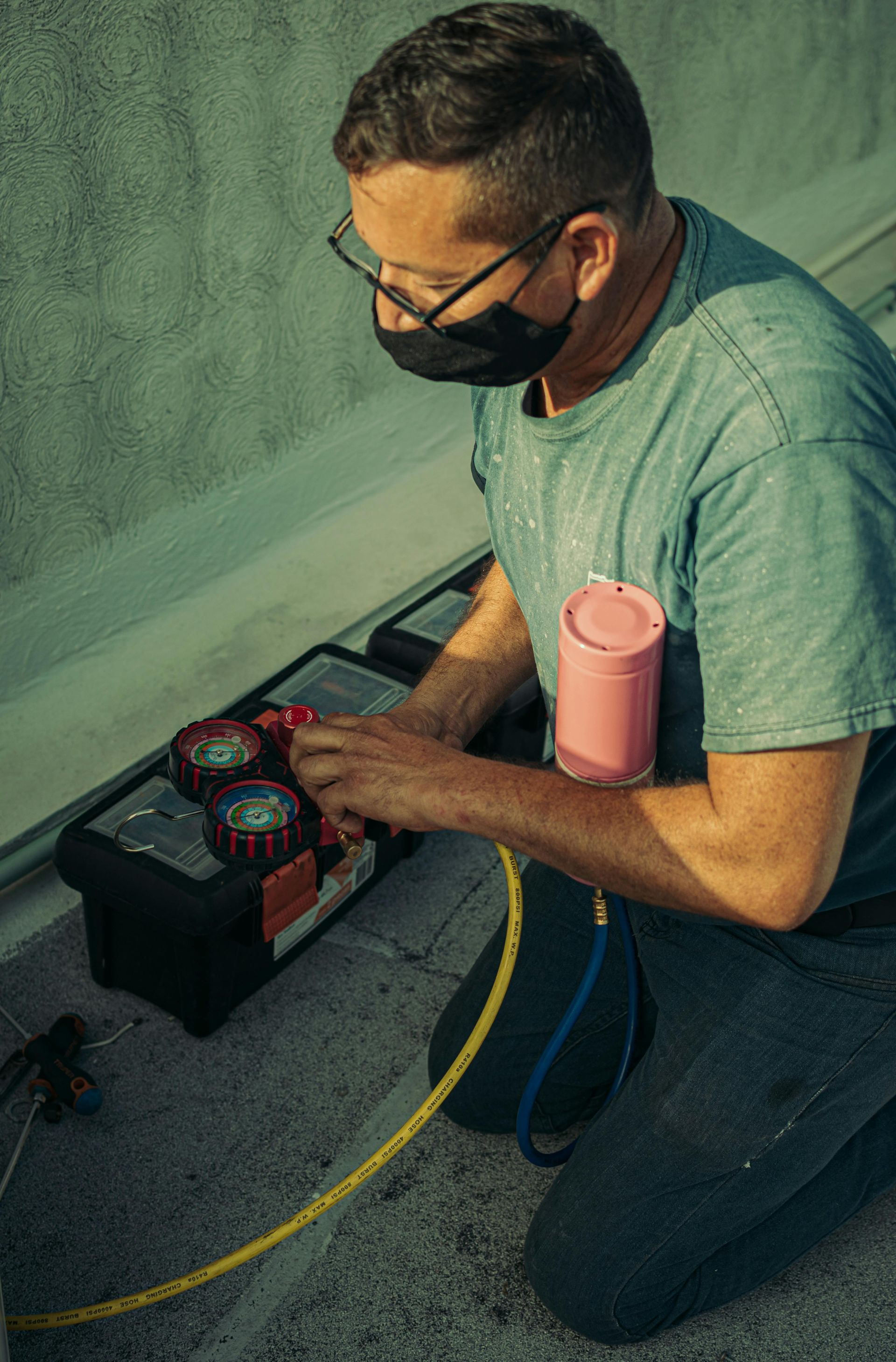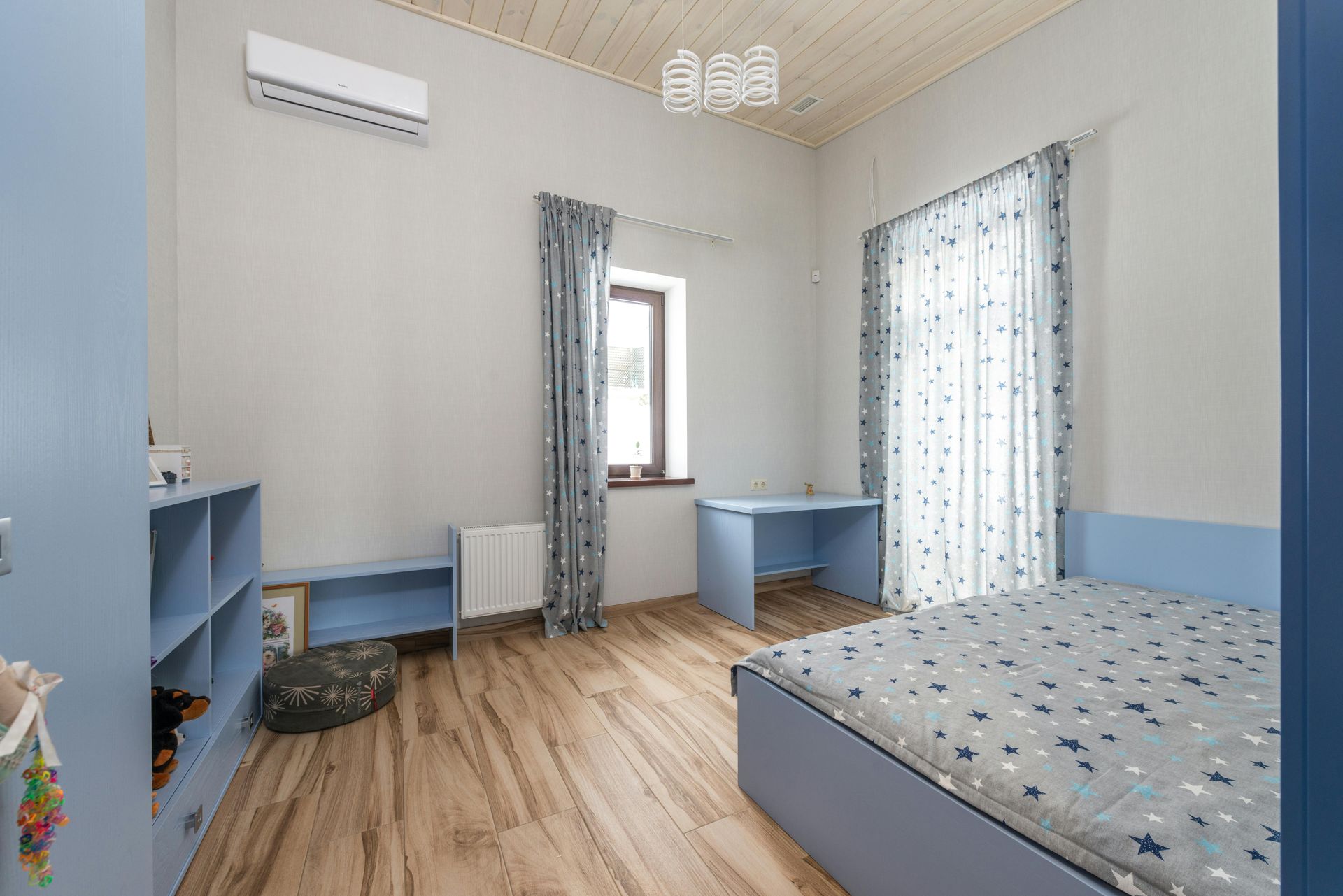Holiday Season Safety Tips for Your Home
The holidays can be the most wonderful and busy time of year. When traveling or decorating your home, what might not be at the top of your mind is how safe your home is this holiday season. For example, holiday lights can pose a fire hazard without proper oversight. To help you address potential safety hazards during a bustling holiday season, here’s a quick list of safety precautions to help you keep your family and home safe during the holiday season.
Home Security
• If you’ve been considering a security system, now is a great time to install one. At a minimum, ensure your front door is secured and always locked.
• Ask a friend or neighbor to watch your house and take in your newspaper, mail and any packages if you plan to spend the holidays away from home.
• When traveling, put lights throughout the house on timers according to your usual living pattern.
• Make sure to keep any gifts in a safe place that cannot be seen from the outside of your home.
Christmas Trees
• Place Christmas trees at a safe distance from stoves, radiators, vents, fireplaces and any other heat source that may dry the tree.
• Water your Christmas tree daily. A tree can burn very hot and fast when it is dry.
• Keep a fire extinguisher near your Christmas tree. Ensure your family has a fire emergency escape plan and your tree doesn’t block any exits.
Lights and Other Decorations
• Inspect all holiday light wiring. Safety experts recommend throwing away defective, worn or frayed electrical wiring. According to the U.S. Fire Administration (USFA), almost one-third of home Christmas tree fires are caused by electrical problems.
• Use no more than three light sets on any one extension cord. Also, don't run electrical cords under rugs. Be sure all lights are turned off before you go to bed or leave the house.
• The USFA also recommends placing candles at least 12 inches away from anything that burns, ensuring they are in stable holders and cannot be knocked down easily. Never leave burning candles unattended, and always supervise children when burning candles.
• When buying artificial decorations, check for "flameproof" or "fire retardant" qualities.
Following a few safety precautions will help ensure your holiday celebrations remain festive for your entire family.
Learn more about home safety at HBA of Columbia (columbiahba.com).
SHARE




